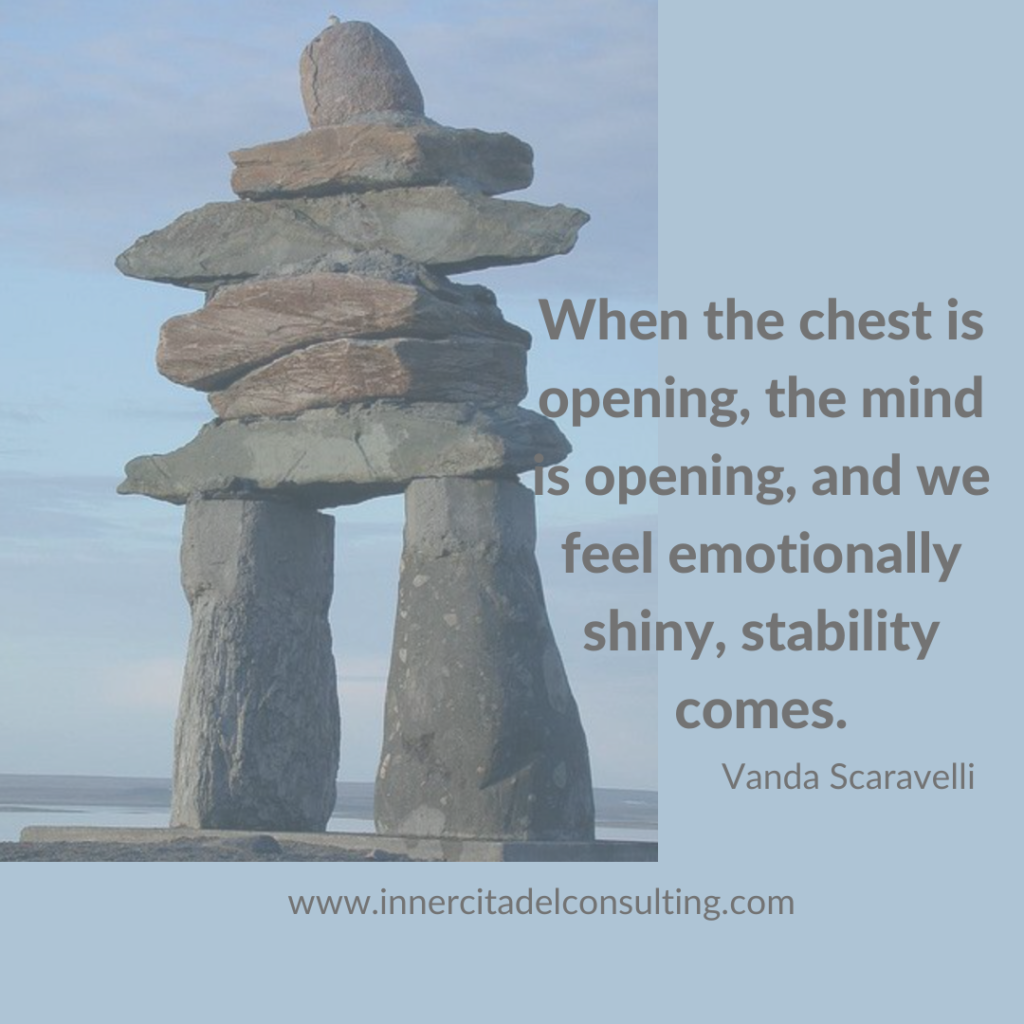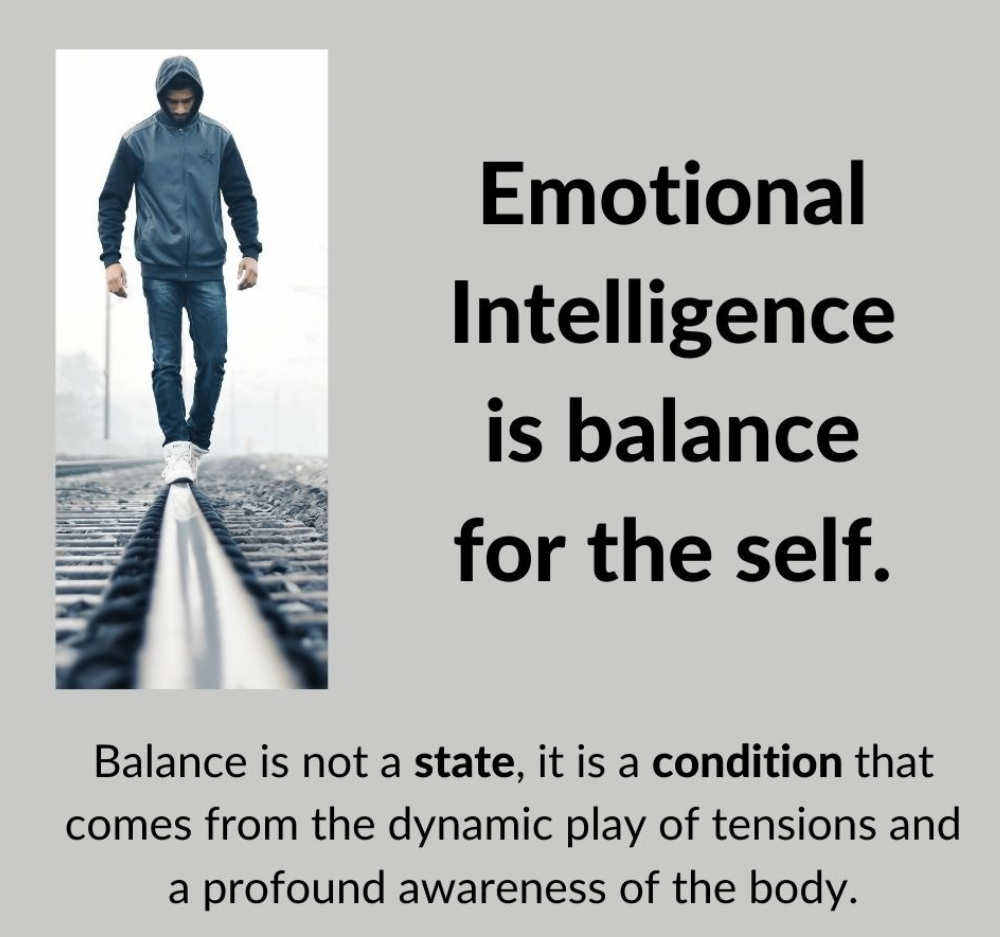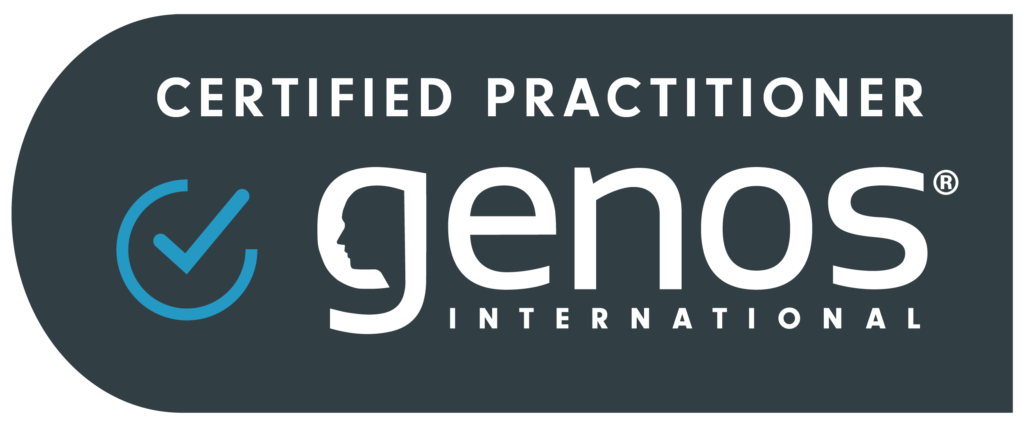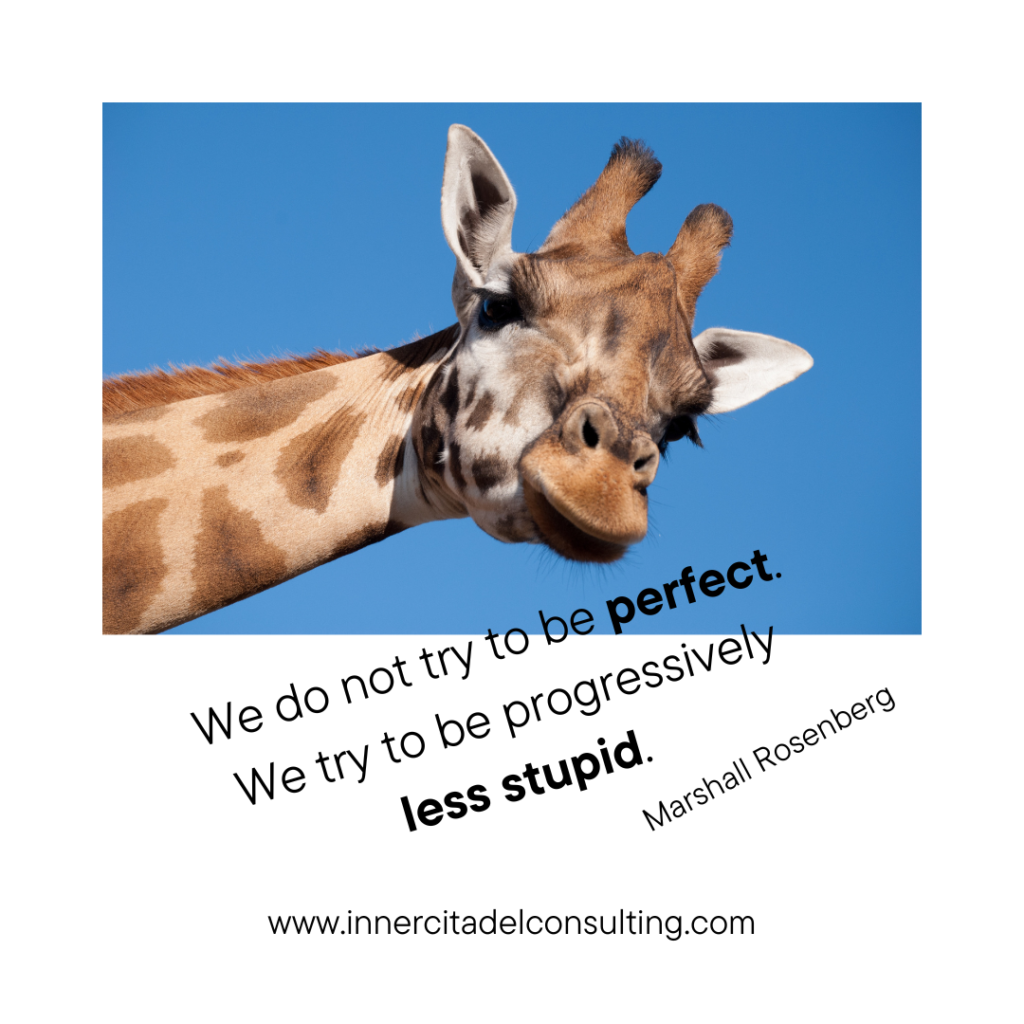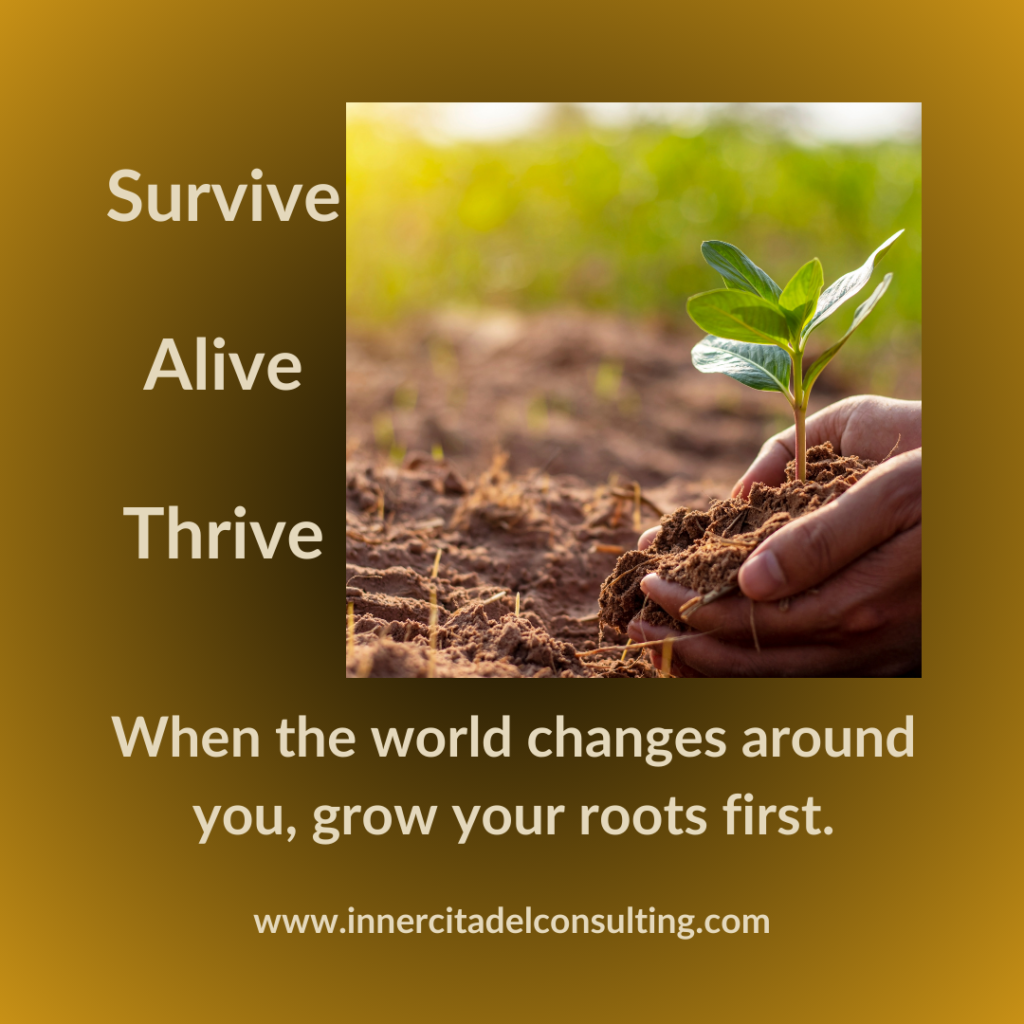The beginning of Seneca’s dialogue On Serenity of the Spirit captures, I think, what we all often feel about progress and stability. When we commit to working on ourselves, we commit to self-examination. And like looking at the stars on a clear night, the more we look, the more we see. Depending on the day, this can be utterly discouraging or encouraging, as we think about our growth. But honest, regular self-examination is already a huge step toward stability and progress. And having a good coach or mentor to contribute to the feedback we give ourselves is critical. We never “have grown”, we always “are growing” – true stability and progress are not a state but a condition that we manage.
What does Seneca say?
At the beginning of the dialogue, Seneca’s friend Serenus lays out this problem,
“As I spent time reflecting on myself, Seneca, some faults kept appearing to me as if laid out in front of me so that I could pick them up in my hand. Some were a little harder to see, back in the corner. Some weren’t always there but kept coming back from time to time. I would say that these last are the most exasperating. They’re like guerrilla soldiers, attacking every once in a while. Because of them I can’t stay prepared as if there were a war and I can’t be worry-free as if there were peace. Nevertheless, the condition I find myself in most of the time (why shouldn’t I tell the truth, as I would to a doctor?) is that I’m not truly free of the things I fear and hate, and on the other hand I’m not a slave to them either. It’s not as if I’m in the worst condition, but I am extremely dissatisfied and sad: I’m not sick and I’m not healthy…” (Anderson 2015)
Having a good friend
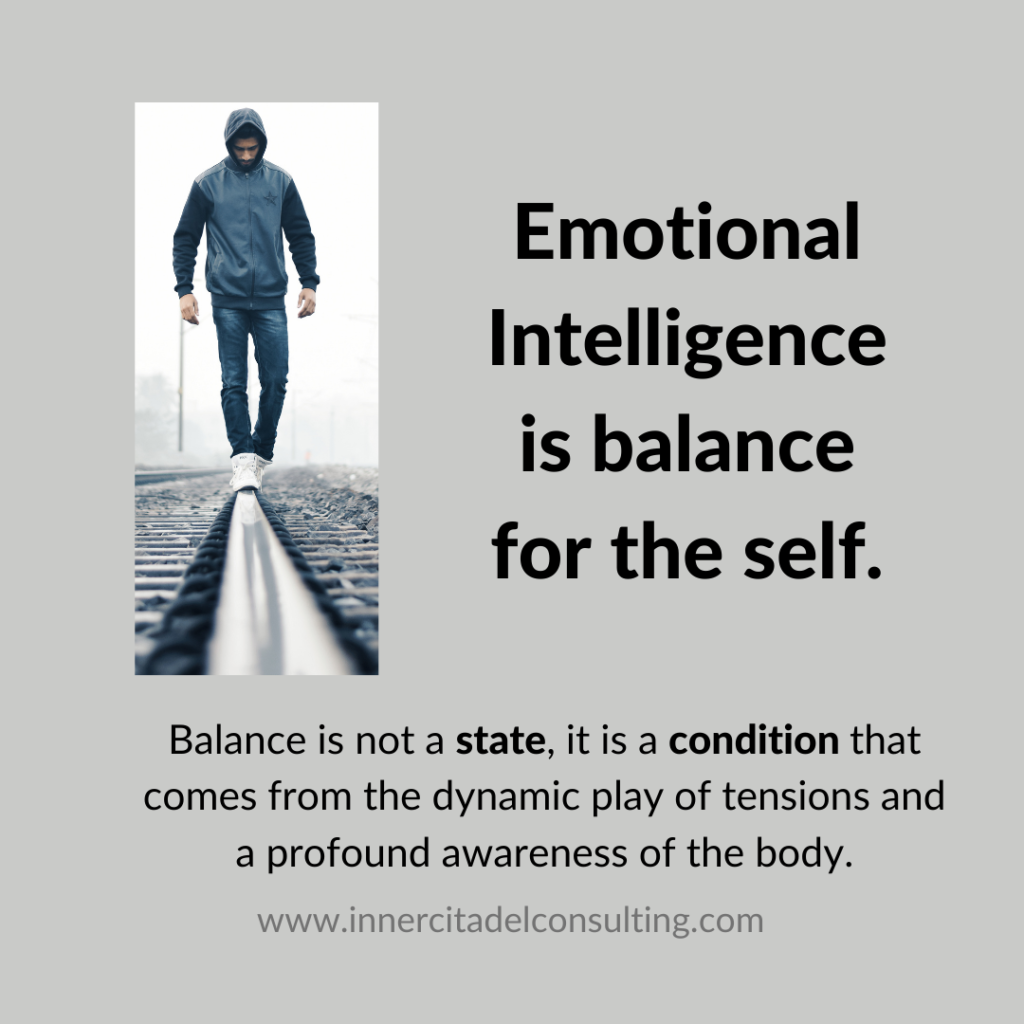
I always feel a surge of sympathy for Serenus – who hasn’t been there? But he’s lucky to have a good friend. Seneca’s response is remarkably gentle and clear: look backward for a reality check, keep moving forward. He claims what Serenus is after is serenity of the spirit. But I think what Serenus wants is stability. He describes emotions and feelings that knock him off center, like surprise attacks and ambushes. Under no stress, he can keep his balance, but he is not stable.
For Seneca and other Stoics, we can hold steady against external and internal events that could tip us into reactivity and less productive behaviors. This notion is key when discussing what we would call progress, or personal development. There are two factors, steady resolve stabilitas and confidence fiducia. Steady resolve concerns a person’s ability to be consistent and reliable. Confidence concerns not only self-confidence but conviction that the path … the action plan … is the right one. When we can be entirely consistent and entirely confident, we achieve that thing Serenus is working toward, perfect balance, stability.
What does progress look like?
Most of us are like Serenus and Seneca. We are committed to our self-improvement, becoming more aware of our limitations, and working toward something better. And we do get better, over time, with practice and reflection. But we don’t always track how we are doing on our journey. Seneca’s response to Serenus about this is an amazing example of empathetic coaching. He remarks that what Serenus is describing shows how far he has actually come. Serenus, says his friend, is like someone who has come through a long illness and is well into recovery,
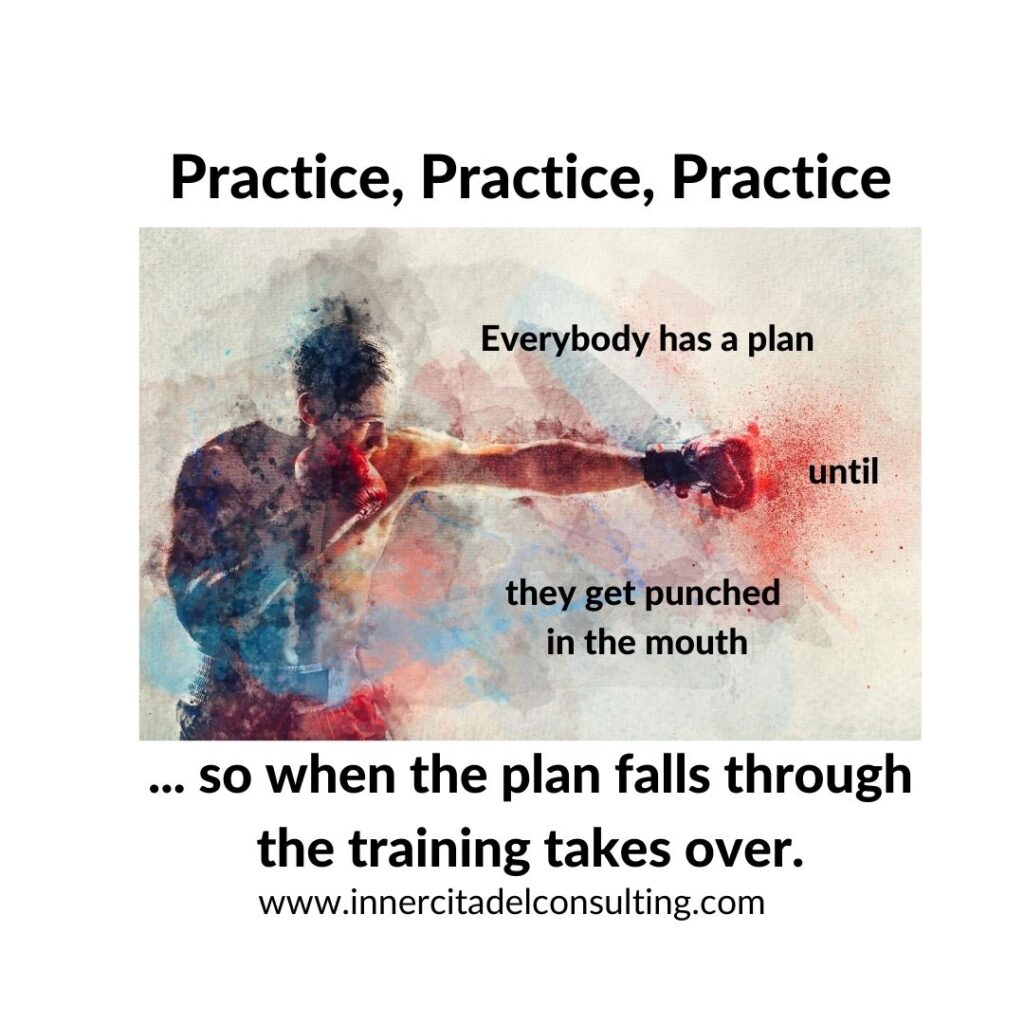
“It’s not that their bodies are not in good health, but that they are not really used to good health… you don’t need the harsher treatments, which we have already talked about (i.e. that you stop yourself, or be angry with yourself, or be stern with yourself), but the last stage of treatment: that you trust yourself and be confident that you are heading along the right path.”
Balance and stability are the result of a deep awareness of the self and an ability to manage the dynamic tensions in the flow of the day. We can all be better and do better – we are all progressing. The lesson of Serenus’ and Seneca’s honest friendship is that commitment, a plan, and someone to talk to can keep us moving on the path. Notice – be aware. Engage – work the plan. Empower – seek feedback and try again.
You are on the right path. Trust yourself.
